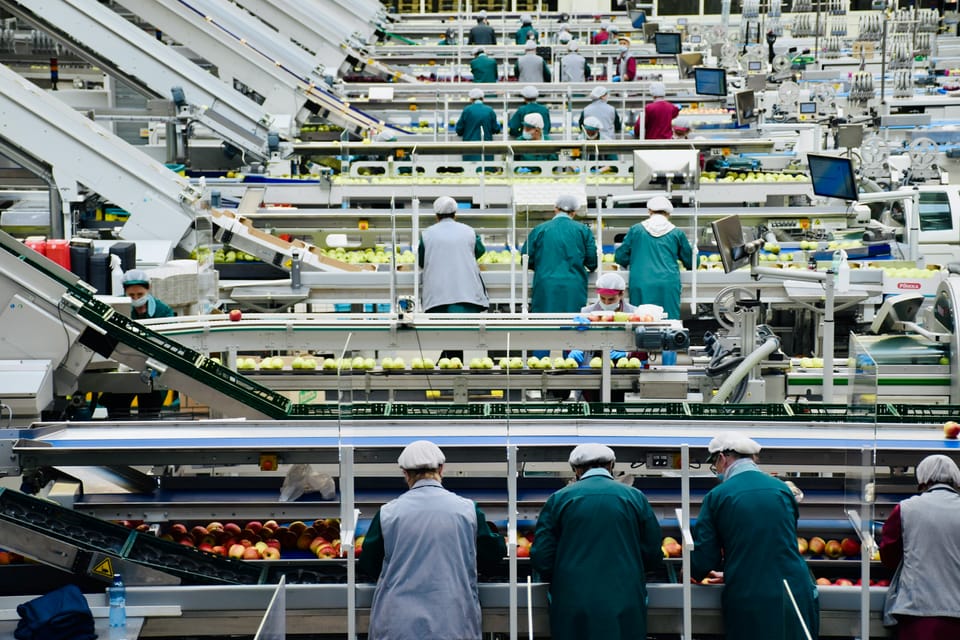New taskforce launched to help firms report on human sustainability

The Taskforce on Inequality and Social-related Financial Disclosures (TISFD) was launched at Climate Week NYC with the goal of helping organisations integrate human sustainability into decision-making, alongside climate and nature.
Following in the footsteps of the Taskforce on Climate-related Financial Disclosures (TCFD) and Taskforce on Nature-related Financial Disclosures (TNFD), the new initiative aims to develop a global framework for companies and financial institutions to report more effectively on the impacts, dependencies, risks, and opportunities related to social issues, including inequality.
The taskforce is chaired jointly by former World Bank Vice President Arunma Oteh, World Business Council for Sustainable Development (WBCSD) President and CEO Peter Bakker, human rights and just transition advocate Sharan Burrow and UNESCO Assistant Director-General for Social and Human Sciences Gabriela Ramos.
"In the last decade we have seen how high-quality disclosures can make climate change an important part of financial decision making. We need to do the same for inequality and the social issues at its root cause," said WBCSD’s Bakker.
TISFD: Schneider Electric and Natura as founding partners
TISFD is already backed by more than 100 organisations including Natura & Co, CalPERS; Schneider Electric and the World Benchmarking Alliance – and will be further guided by a steering committee consisting of 30 senior representatives from across financial institutions, business, civil society, labour, and international organisations, to be announced in early 2025.
Within the next one to two years, the taskforce hopes to enable businesses to recognise inequality and social-related risks and opportunities, strengthen the identification, assessment, and reporting of social and inequality-related impacts, dependencies, risks, and opportunities, and act accordingly to respect human rights and improve human sustainability.
In the longer term and similarly to the TCFD and TNFD model, the organisation will work with policymakers to embed its recommendations in voluntary standards and regulations.
"The TISFD has the potential to catalyse the shift to a fairer economy by enabling market participants to meaningfully report how they address impacts and risks to the human rights of workers, communities and consumers. Through the TISFD, we can help put people at the centre of the much-needed transition to a just and green economy," added Burrow.







Member discussion